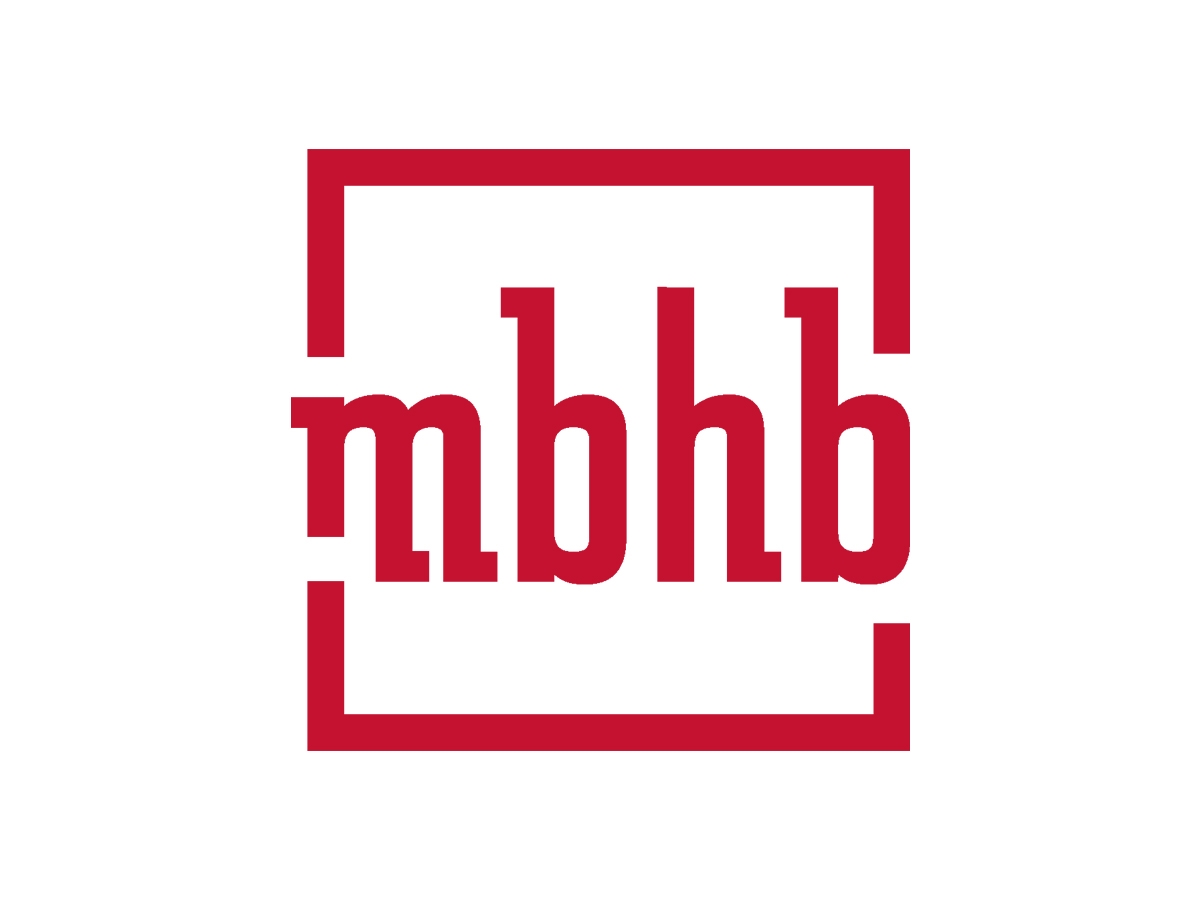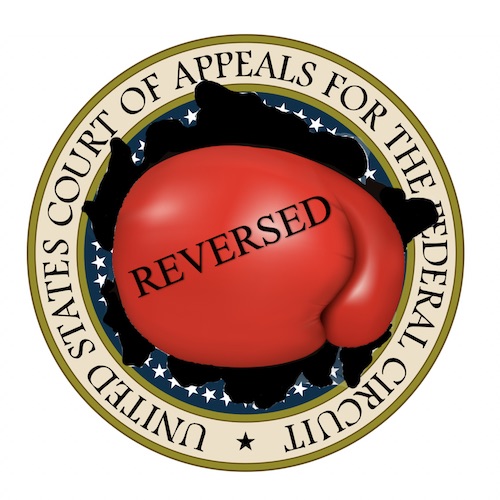Amicus Tells CAFC to Deny Cellect Petition and Prevent Patent ‘Double Dipping’
“[R]esolving disputes on a case-by-case basis… would unfairly burden innovators like Inari relying on the public’s ‘fundamental right’ under Gilead and 233 years of patent practice.” – Inari
On December 28, agricultural tech developer Inari filed an amicus brief with the U.S. Court of Appeals for the Federal Circuit (CAFC) urging the appellate court to deny a petition for rehearing en banc of the court’s August ruling in In re Cellect. Inari’s brief highlights that the Federal Circuit’s application of the obviousness-type double patenting (ODP) doctrine to legislatively-prescribed patent term adjustments (PTA) is critical to the success of companies like Inari who build upon technologies once patent protections expire.
Inari: Gilead Underscores Public’s ‘Fundamental Right’ to Benefit from Patent Expirations
In Cellect, a unanimous CAFC panel determined that ODP analysis, which prevents patentees from improperly extending the duration of patent exclusivity for obvious modifications to an invention by limiting them to “a patent” under 35 U.S.C. § 101, is applied based upon the patent’s expiration date including any added PTA. Patent owner Cellect owned a patent family including several individual filings receiving PTAs that claimed priority to an earlier expiring patent. Due in part to language in 35 U.S.C. § 154(b) regarding terminal disclaimers, the Federal Circuit affirmed the U.S. Patent and Trademark Office’s (USPTO) stance that Cellect’s continuation patents with PTAs resulted in “an unjustified timewise extension of patent term.”
According to Inari’s amicus filing, the agrotech firm has “file[d] numerous ex parte reexaminations based on the panel’s [Cellect] decision” to challenge large incumbents in the agriculture industry. “Inari is forced to file reexamination requests to ensure freedom to operate” against companies like Corteva and Bayer/Monsanto, who collectively “control over 70% of the U.S. corn seed market and 85% of corn-related intellectual property.” When including other “oligopolists” like BASF and Syngenta Group, a handful of companies own up to 97% of IP related to certain crops for which Inari are improving through gene editing techniques.
Paraphrasing Seinfeld, Inari’s amicus brief argues that the “ability to dip the very same chip for a second helping is not a reason to rehear this case.” In Inari’s view, ODP analysis safeguards the public’s fundamental right to benefit from technologies following the expiration of patent rights as outlined by the CAFC in Gilead Sciences v. Natco Pharma (2014). Citing a December 2022 complaint filed against Syngenta and Corteva by the U.S. Federal Trade Commission and 12 state attorneys general, Inari argued that market incumbents in the agricultural space regularly use their patent exclusivities to charge more than generic versions would cost consumers.
Case-by-Case Resolution Too Burdensome in Light of Open Gamesmanship of PTA
Inari has filed eight requests for ex parte reexamination on Corteva patents alone, citing two patents in particular that “exemplif[y] rampant [ODP] gamesmanship in the transgenic seed industry.” U.S. Patent No. 6943282, Insect Resistant Plants, is a continuation patent that excludes others from practicing the claimed technology “even though [the patent claims] are at most obvious variants of different Corteva patent claims” expiring seven years before the ‘282 patent. U.S. Patent No. 9596871, Canola Germplasm Exhibiting Seed Compositional Attributes that Deliver Enhanced Canola Meal Nutritional Value, adds three years of exclusivity to an invention that, according to Inari, is another obvious variant of claims from an earlier provisional patent application to which the ‘871 patent claims priority.
Patent attorneys “openly tout” their “gamesmanship” of patent law while developing successful strategies within their practice area, as Inari’s brief underscores. Inari cites several blog posts and articles authored by legal professionals and discussing strategies for maximizing PTA, professionally benefitting from the arguably improper extension of patent rights. By contrast, patent term extensions (PTEs), which the Federal Circuit treats differently under ODP analysis, are inoculated from abuse because “[n]o rational actor would try manipulating the PTE regime by delaying its own regulatory approval to start selling the drug, medical device, food additive or color additive under review,” according to Inari.
Organizations including the American Intellectual Property Law Association, the New York Intellectual Property Law Association and the Intellectual Property Owners Association have all filed amicus briefs supporting Cellect’s petition for rehearing en banc. While these amici acknowledge the potential for PTA abuse, Inari argues that their insistence upon “resolv[ing] disputes on a case-by-case basis… would unfairly burden innovators like Inari relying on the public’s ‘fundamental right’” to use inventions claimed in earlier-expiring patents. Denying Cellect’s petition for en banc rehearing would also advance Biden Administration policies designed to improve competition in agricultural products, Inari’s brief points out.
Steve Brachmann
Steve Brachmann is a graduate of the University at Buffalo School of Law, having earned his Juris Doctor in May 2022 and served as the President of the Intellectual Property […see more]







